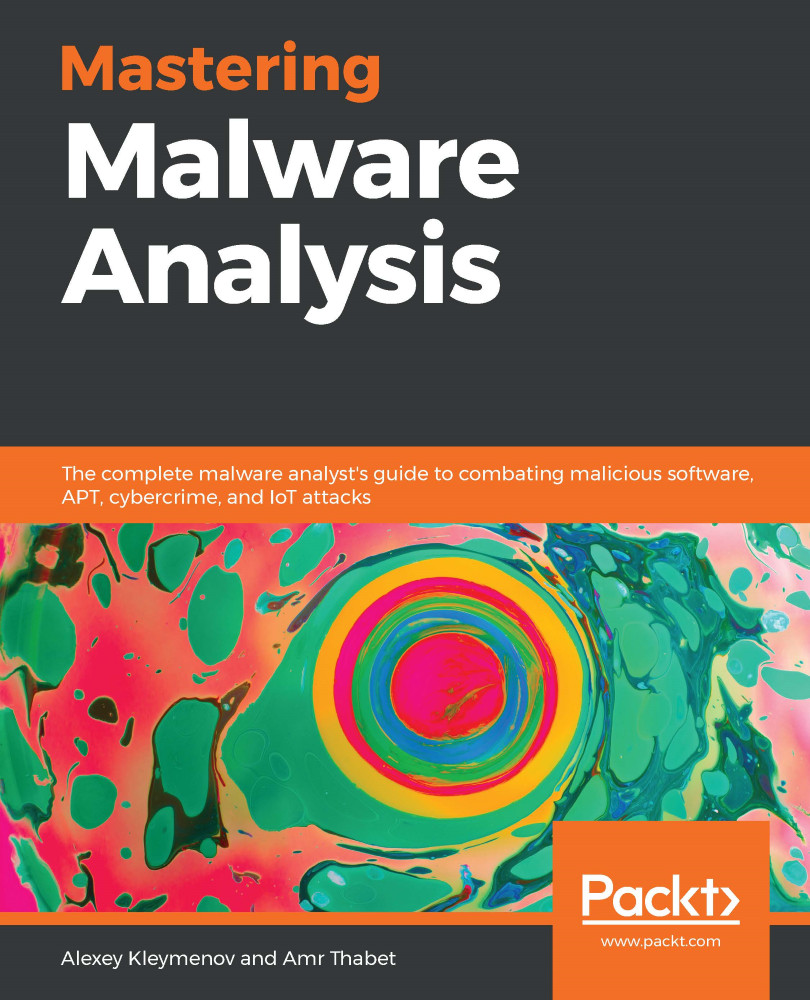NtGlobalFlag is a flag at offset 0x68 of the PEB in 32-bit systems and 0xBC in 64-bit systems. During normal execution, this flag is set to zero when the process is running without the presence of a debugger, but when a debugger is attached to the process, this flag is set with the following three values:
- FLG_HEAP_ENABLE_TAIL_CHECK (0x10)
- FLG_HEAP_ENABLE_FREE_CHECK (0x20)
- FLG_HEAP_VALIDATE_PARAMETERS (0x40)
The initial value of NtGlobalFlag can be changed from the registry. However, in the default situation, malware can check for the presence of a debugger using these flags by executing the following instructions:
mov eax, fs:[30h] ;Process Environment Block
mov al, [eax+68h] ;NtGlobalFlag
and al, 70h ;Other flags can also be checked this way
cmp al, 70h ;0x10 | 0x20 | 0x40
je <debugger_detected>
The following flags can be used in the x64 environment:
push 60h
pop rsi
gs:lodsq ;Process Environment Block
mov al, [rsi*2+rax...


